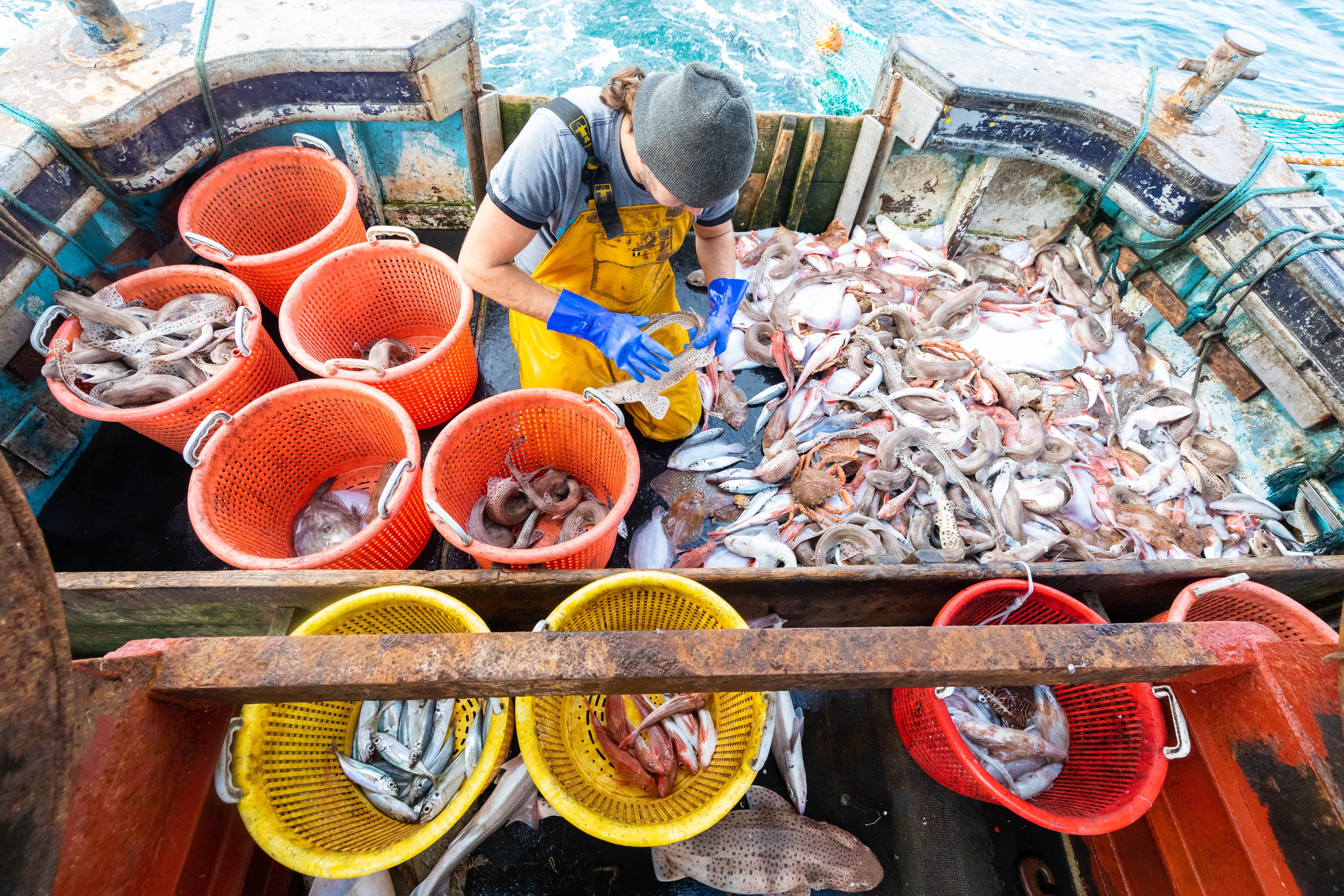A trade deal with the EU can be done this week, but it won’t be a smooth ride
There is much as stake, and Johnson will be keen to get rid of the Brexit albatross and put his administration and the country back in track, writes Sean O’Grady

The EU heads of government summit on Thursday marks yet another deadline by which the new free trade agreement will have to be ready for its first stage approval by the various presidents, prime ministers and chancellors of the 27 member states.
It will then take some weeks to be translated and ratified by the many national and regional assemblies of the 27, plus the European parliament and, of course, the House of Commons.
Any objections will then have to smoothed out, again taking time. All, including consequent domestic laws and regulations, will need to be operational by 1 January. It is a tall order.
Even if there is a “no tariffs, no quotas” deal thrashed out in the next four days, and all the stages are swiftly carried out, there will still be new checks and bureaucracy where the UK meets the EU’s borders, especially in Northern Ireland where there will be two customs areas at work.
This additional complication has added to the tensions, because the UK is presently proposing a UK Internal Market Bill that will override aspects of the UK-EU Withdrawal Agreement.
So can a deal be done?
Yes. The Northern Ireland Protocol, for example, is now causing acute anxiety, but there is a way out. The problem is that for food and livestock travelling from Great Britain to Northern Ireland (and thus the EU customs zone) checks are mandatory, and - failing a free trade deal - tariffs need to be imposed. For the big supermarkets it means products such as chickens and entire trucks of mixed goods would be subjected to delays and costly certification. That would deter them from “exporting” some product lines to Northern Ireland. Choice and prices on the shelves would be affected adversely. Northern Irish consumers would be disadvantaged. All this is under the existing Withdrawal Agreement, not the putative trade deal.
As so often with the Brexit talks, it’s what you might call a chicken and egg situation - which comes first? The EU and Ireland say a deal is impossible if the UK enacts the internal market bill. The UK says it will do so, (and reinstate changes made by the House of Lords), but it won’t be needed because a deal will be done first. The obvious answer is to leave the final ratification of the UK law until after Thursday.
Alternatively (or as well) the EU could agree to the UK’s request for a grace period or period adjustment of, say, six months while the technical committees wrangle things out. In effect, this would be an extension to the transition period, and some Brexiteers sense betrayal. The biggest obstacle, therefore, to clearing this obstacle would be a rebellion within the Conservative Party, though not the DUP as Arlene Foster, first minister of Northern Ireland, is so concerned about immediate supplies to the province.
On the trade talks proper, the familiar issues remain outstanding. This game is more a simpler one, of chicken in the sense of who blinks first as “no deal” gives into view. Fish seems to have become a numbers game. Aside from the talk about territorial waters, and maritime sovereignty, it seems the Europeans want something like a 50 per cent quota on rights, long term, while the British offer 20 per cent with shorter time horizons for renegotiation.
Given the relatively small size of the industry, and the pressing need for an accord, might the obvious answer not be to simply split the difference? It is not uncommon for such deals to be made in trade talks.
The other argument concerns the so-called level playing field and arbitration of disputes. Again these are not alien concepts in international trade, and countries and economic blocs with radically different internal structures - command economy to laissez-faire - have settled their differences.
The UK and EU might simply freely agree on the realistic expectation that they will both continue with mixed economies, and devolve disputes to the World Trade Organisation court or an international tribunal.
The “rulebook” for the level playing field could be revised every few years. Something like this has governed EU-Swiss trade for many years (though the EU finds it irksome and, de facto, Switzerland tends to fall in line with EU policy, most recently over free movement of workers).
So, as Boris Johnson says, there is a deal to be had. Perhaps the departure of Dominic Cummings, high priest of hard Brexit, from Downing Street will make his task of compromise easier.
So will the Covid crisis - a nation with more pressing worries will find it easier to accept a deal if it means supplies of medicines and food are protected. There is also the factor of sheer fatigue. After five years of argument and fighting over Europe, there is an opportunity to finally “get Brexit done”.
Mr Johnson and the president of the European Commission, Ursula von der Leyen, can agree to have a final arbitration session at which the historic compromise can be struck, and rubber stamped at Thursday’s summit.
The temptation for the prime minister to get rid of the Brexit albatross must be enormous. Even more than the expulsion of Mr Cummings, and with the imminent arrival of the coronavirus vaccine, it would at last allow him to put his administration and the country back in track.
Join our commenting forum
Join thought-provoking conversations, follow other Independent readers and see their replies
Comments
Bookmark popover
Removed from bookmarks